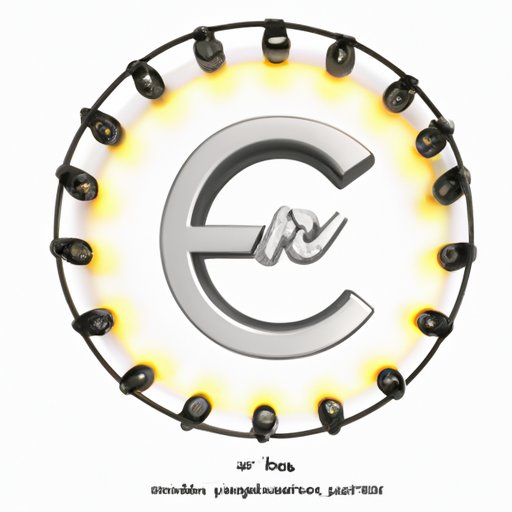Introduction
Copyright is a form of intellectual property that grants creators exclusive legal rights over their creative works. It protects original works such as books, music, artwork, films, and computer programs from being copied or distributed without permission. The benefits of copyright protection are wide-ranging and include financial compensation for the creator and recognition of their work.
In this article, we will discuss the basics of copyright, explain how to register your copyright, compare it with trademark protection, identify if a work is protected by copyright, and explore the impact of copyright on digital media. We will also provide resources for creators to navigate the copyright system for their creative projects.
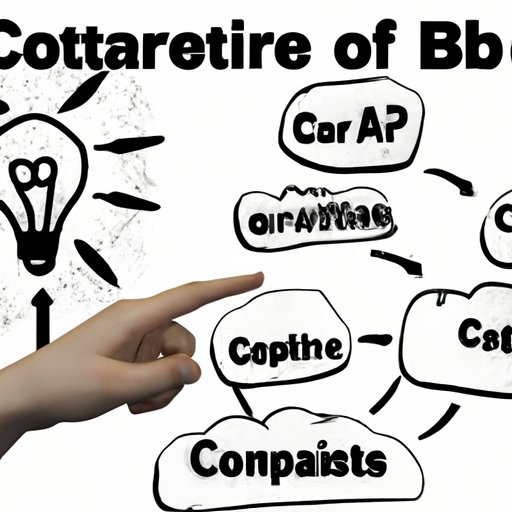
Explaining Copyright Basics and Its Benefits
Copyright is a form of legal protection that grants creators exclusive rights over their creative works. According to the U.S. Copyright Office, “copyright is a form of protection provided by the laws of the United States (title 17, U.S. Code) to the authors of ‘original works of authorship,’ including literary, dramatic, musical, architectural, cartographic, choreographic, pantomimic, pictorial, graphic, sculptural, and audiovisual creations.”
The types of works protected by copyright include literary works such as novels, poems, articles, and blog posts; musical works such as songs, scores, and recordings; visual works such as paintings, photographs, and sculptures; and audiovisual works such as movies, television shows, and podcasts.
Under copyright law, the creator of a work has exclusive rights to reproduce, distribute, perform, or display the work publicly, as well as create derivative works based on the original work. These exclusive rights can be transferred or licensed to others, allowing them to use the work for a fee or other consideration.
However, there are some limitations to copyright protection. For example, copyright does not protect ideas, procedures, processes, systems, methods of operation, concepts, principles, or discoveries. Furthermore, copyright protection only applies to the expression of an idea, not the idea itself.
A Guide to Registering Your Copyright
While copyright protection is automatic in the United States, registering your copyright with the U.S. Copyright Office offers additional legal protection and benefits. To be eligible for copyright registration, the work must be original and have been created by a human author.
The copyright registration process involves submitting an application along with a nonrefundable filing fee and a copy of the work to be registered. The application must include certain information about the work, such as its title, author, date of creation, and type of work.
Once the application is approved, the copyright owner receives a certificate of registration from the U.S. Copyright Office. This certificate serves as proof of the copyright owner’s exclusive rights and can be used to stop infringement or pursue legal action against infringers. Additionally, registering a copyright can increase the potential damages award in a successful infringement lawsuit.
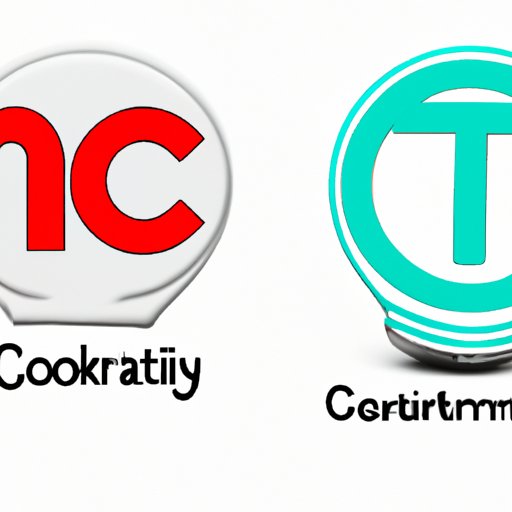
Key Differences Between Copyright and Trademark Protection
While copyright and trademark are both forms of intellectual property protection, they serve different functions. Trademarks protect words, phrases, symbols, or designs that distinguish a product or service from those of others. Unlike copyright, trademarks do not protect creative works such as books, films, or music.
Trademark law grants owners the exclusive right to use their marks in commerce. This includes the right to prevent others from using a confusingly similar mark in connection with similar goods or services. Trademark registration also provides additional legal protections, such as the ability to sue for infringement and increased damages awards.
Understanding the Rights of Copyright Owners
As the copyright owner of a work, you have the exclusive right to reproduce, distribute, perform, or display the work publicly. You also have the exclusive right to create derivative works based on the original work, such as translations, adaptations, or other modifications.
Furthermore, copyright owners have the exclusive right to license or transfer their rights to others. This allows them to monetize their work by granting others the right to use it for a fee or other consideration.
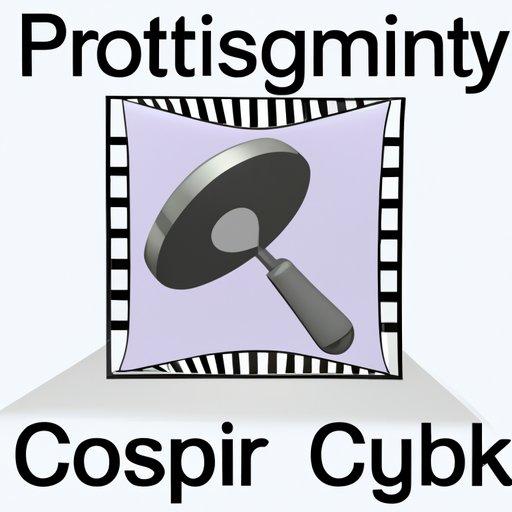
How to Identify If a Work is Protected by Copyright
To be eligible for copyright protection, a work must be original and have been created by a human author. According to the U.S. Copyright Office, “originality requires only that the work was independently created by the author (as opposed to copied from other works), and that it possesses at least some minimal degree of creativity.”
Additionally, copyright owners may use a copyright notice to inform others of their exclusive rights. This notice should include the copyright symbol (©), the year of first publication, and the name of the copyright owner.
The Impact of Copyright on Digital Media
With the rise of digital media, copyright infringement is rampant online. As a result, copyright owners must take measures to enforce their rights and protect their works from unauthorized use. This includes identifying and pursuing infringers, sending cease and desist letters, and filing lawsuits.
According to a study by the European Union Intellectual Property Office, “the most effective strategy for tackling online piracy is to combine enforcement activities with education and awareness-raising campaigns.” This means that copyright owners must educate users about the importance of respecting copyright and the consequences of infringement.
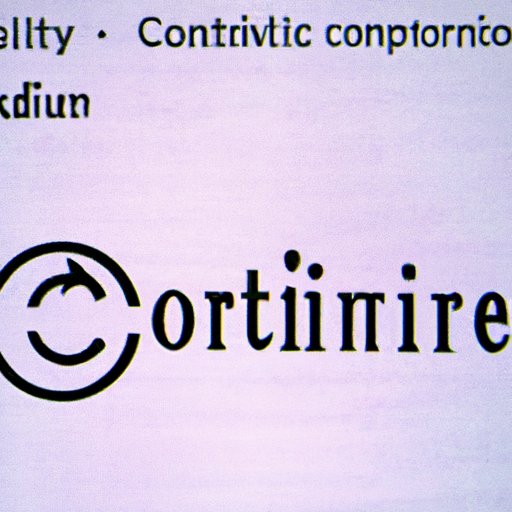
Navigating the Copyright System for Creative Projects
For creators, navigating the copyright system can be daunting. Thankfully, there are a number of resources available to help creators understand and comply with copyright law. These include the U.S. Copyright Office website, which provides information on copyright registration, copyright law, and copyright infringement; Creative Commons, which provides free licenses for creators to share their works; and the Electronic Frontier Foundation, which offers legal assistance and resources for creators.
Conclusion
In conclusion, copyright is a form of legal protection that grants creators exclusive rights over their creative works. It protects works such as books, music, artwork, films, and computer programs from being copied or distributed without permission. While copyright protection is automatic in the United States, registering your copyright with the U.S. Copyright Office offers additional legal protection and benefits.
It is important to note that copyright does not protect ideas, procedures, processes, systems, methods of operation, concepts, principles, or discoveries. Additionally, copyright protection is distinct from trademark protection, which grants owners exclusive rights over words, phrases, symbols, or designs that distinguish their product or service from those of others.
Finally, copyright owners must take measures to enforce their rights and protect their works from unauthorized use. There are a number of resources available to help creators understand and comply with copyright law, including the U.S. Copyright Office website, Creative Commons, and the Electronic Frontier Foundation.
(Note: Is this article not meeting your expectations? Do you have knowledge or insights to share? Unlock new opportunities and expand your reach by joining our authors team. Click Registration to join us and share your expertise with our readers.)
